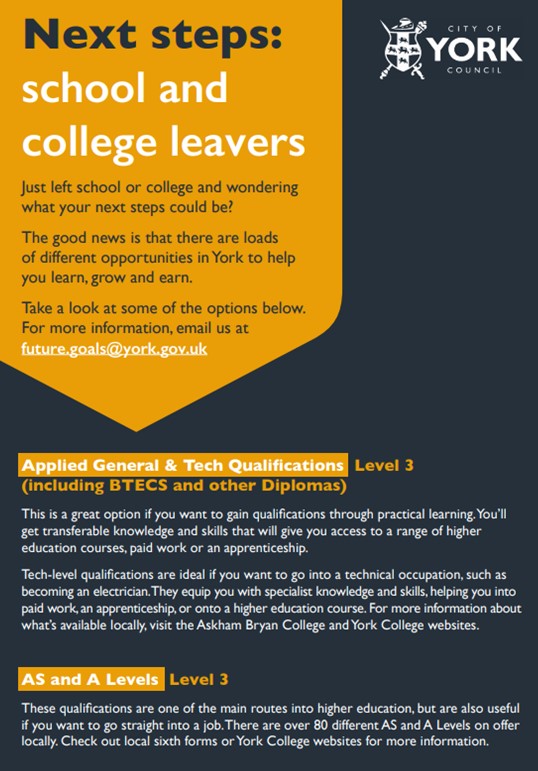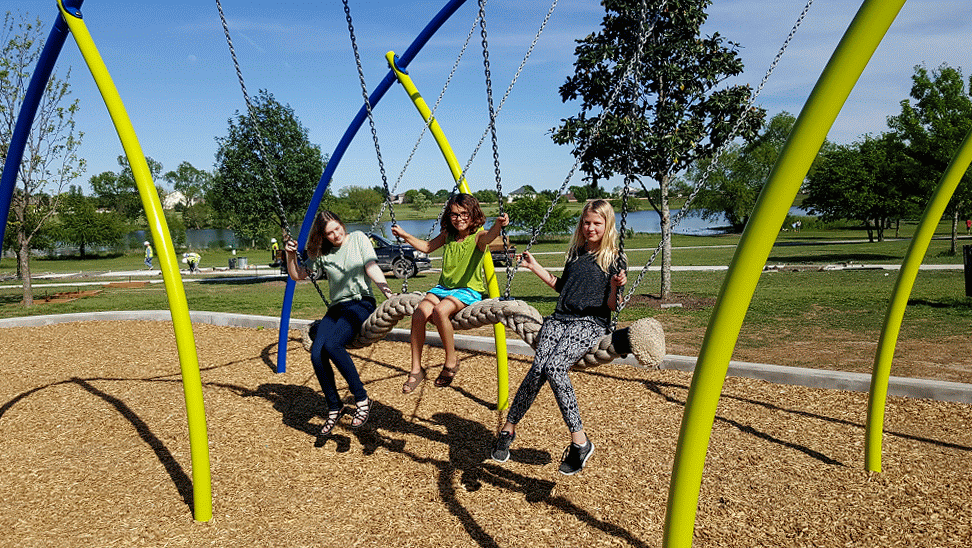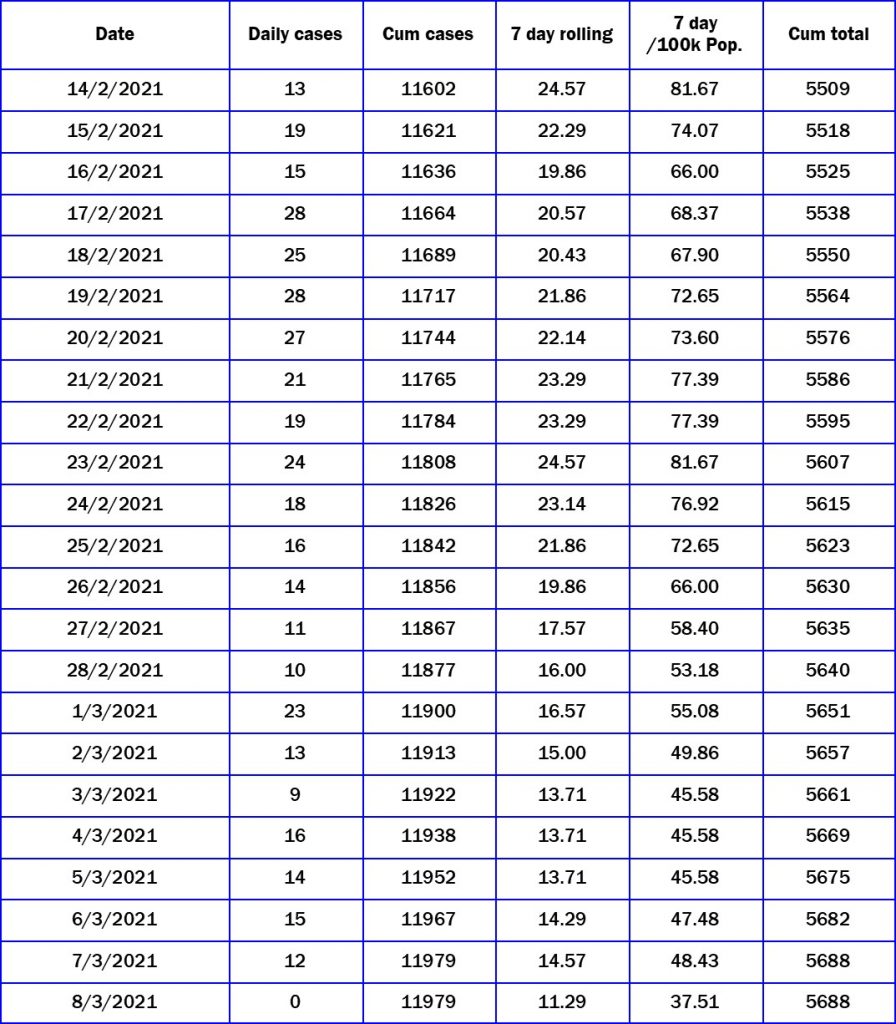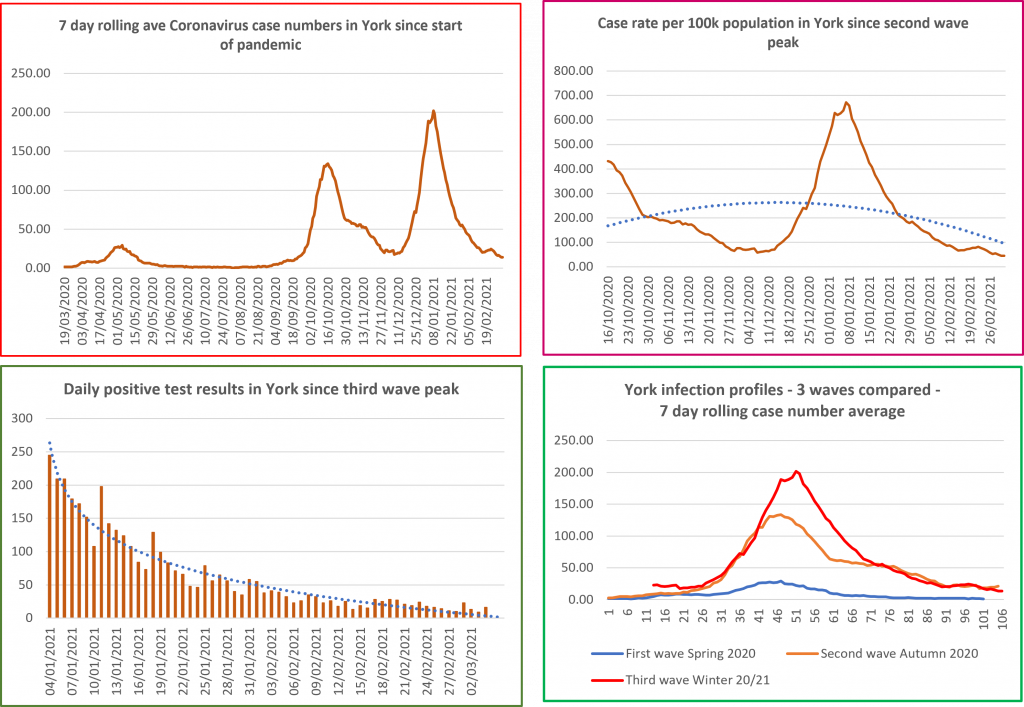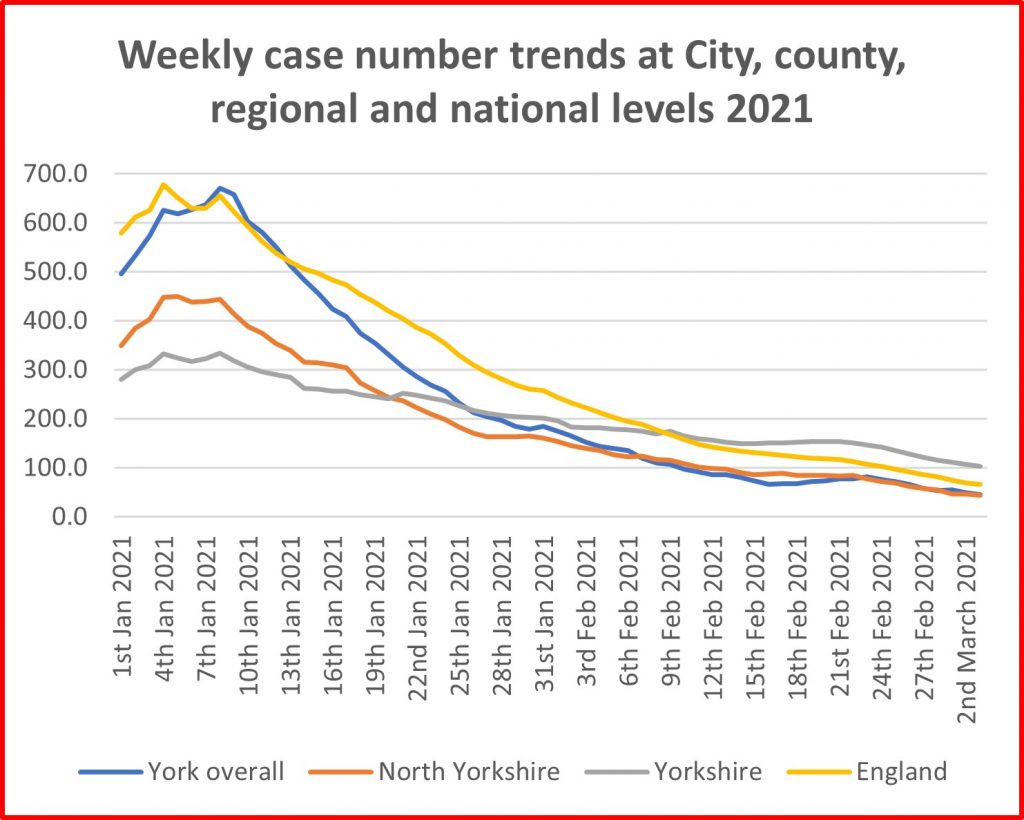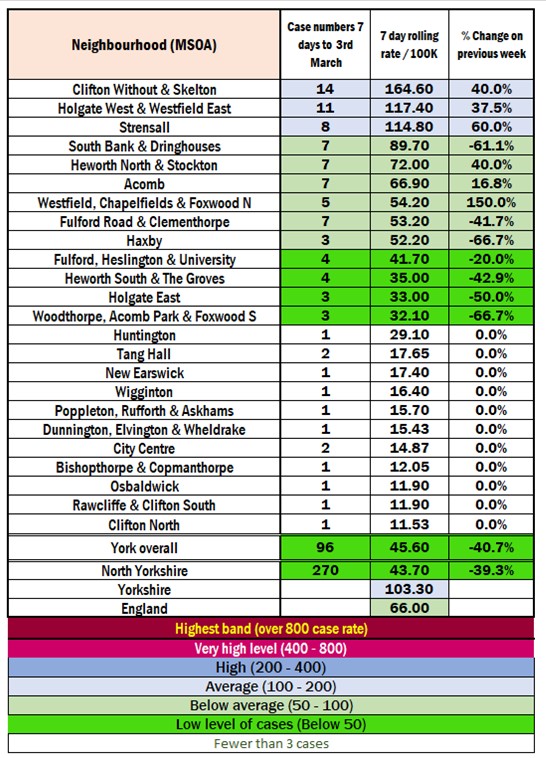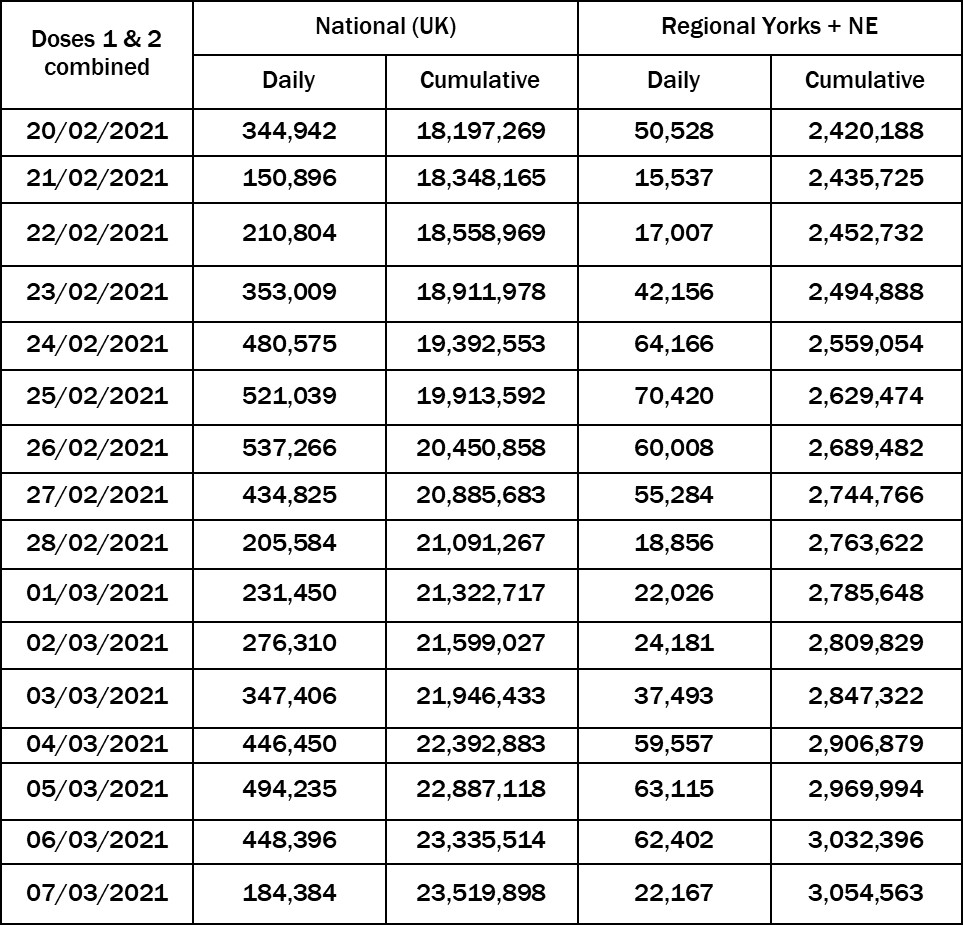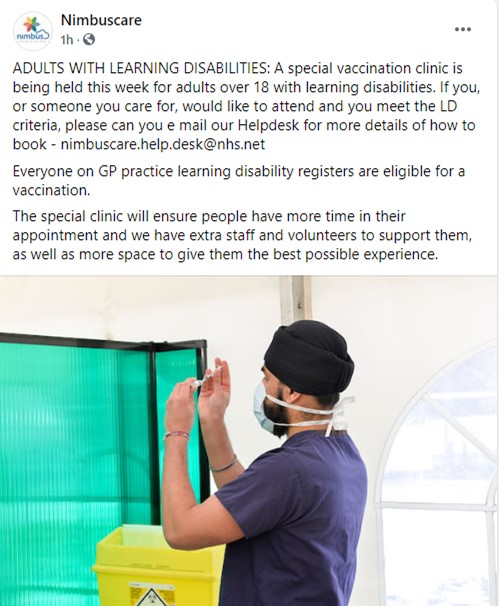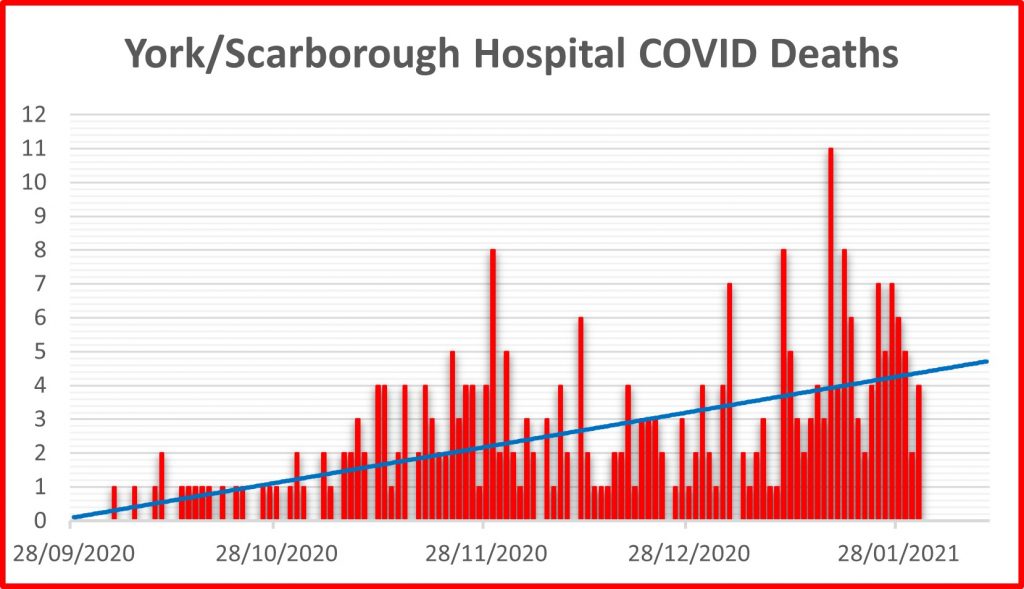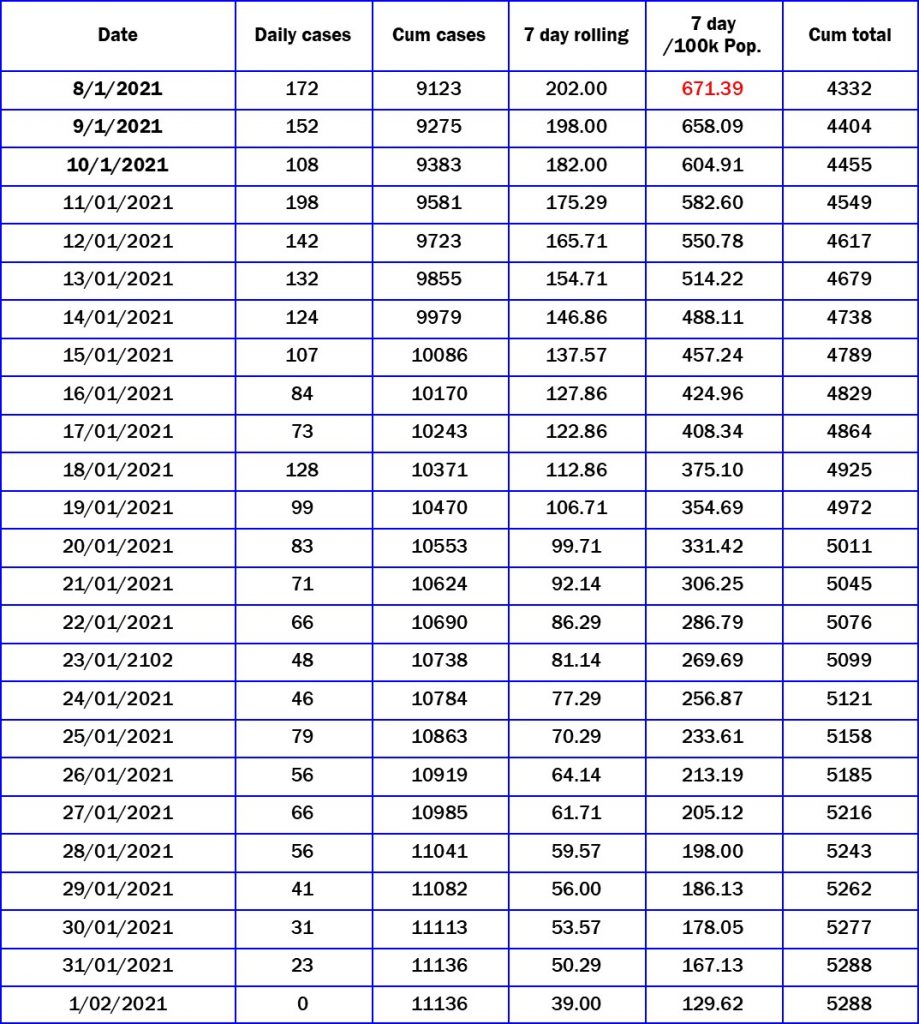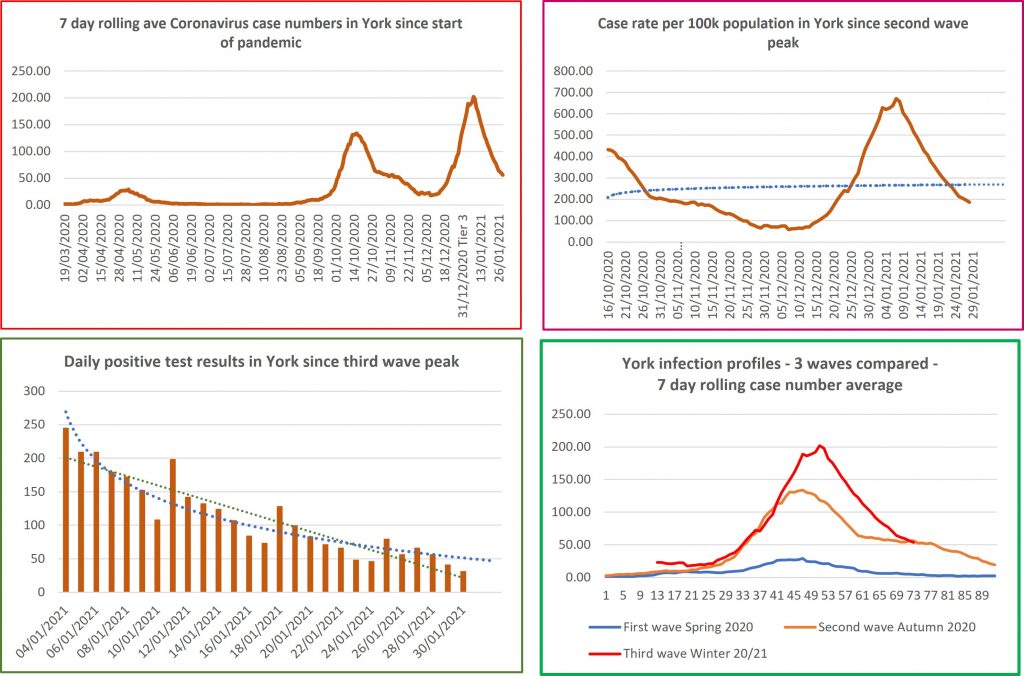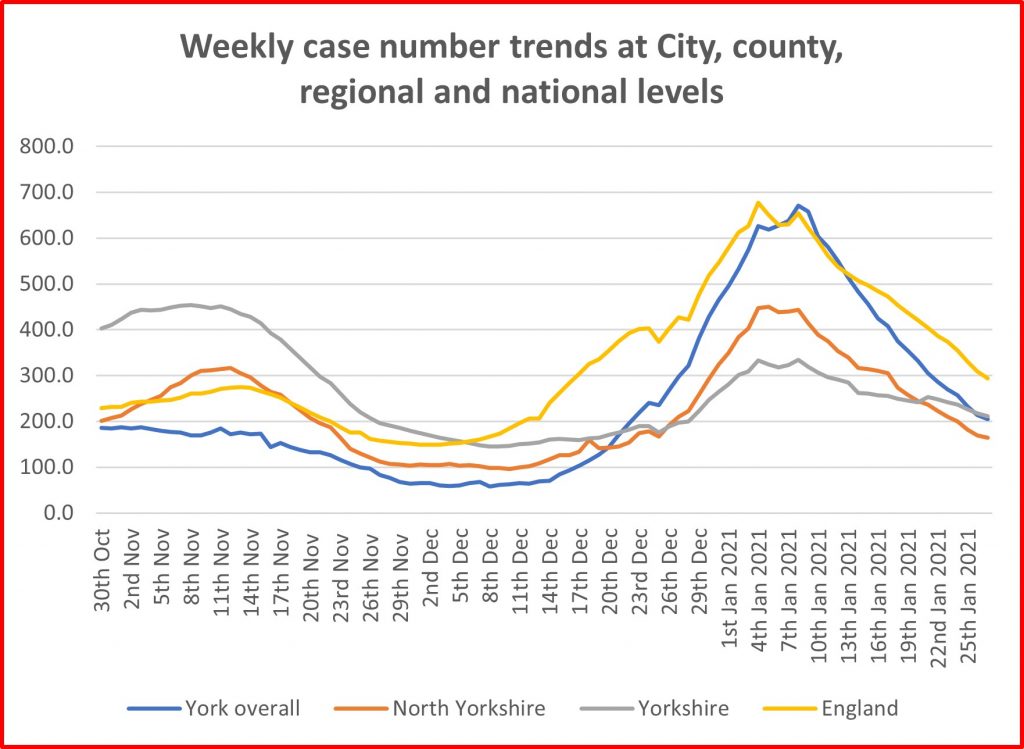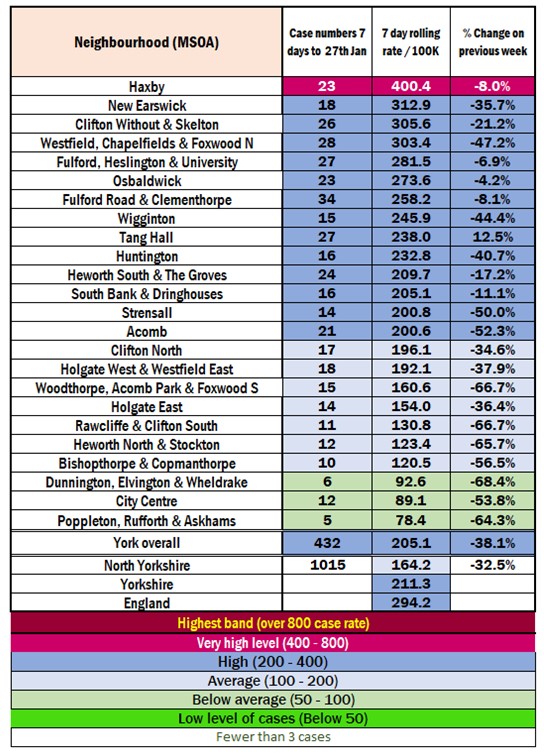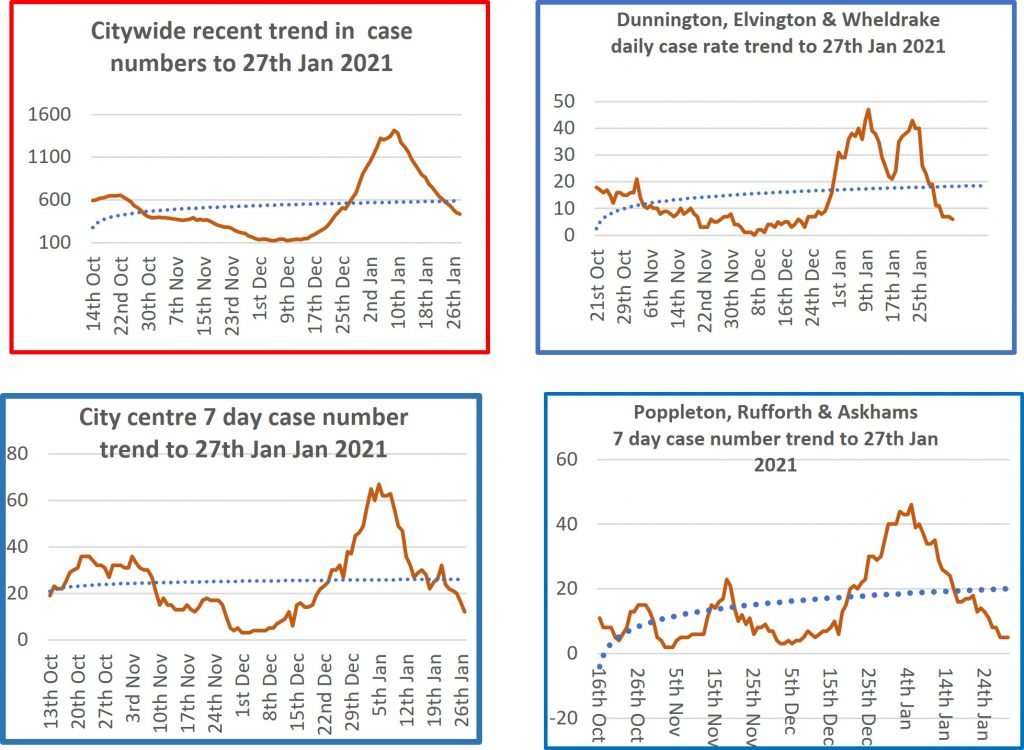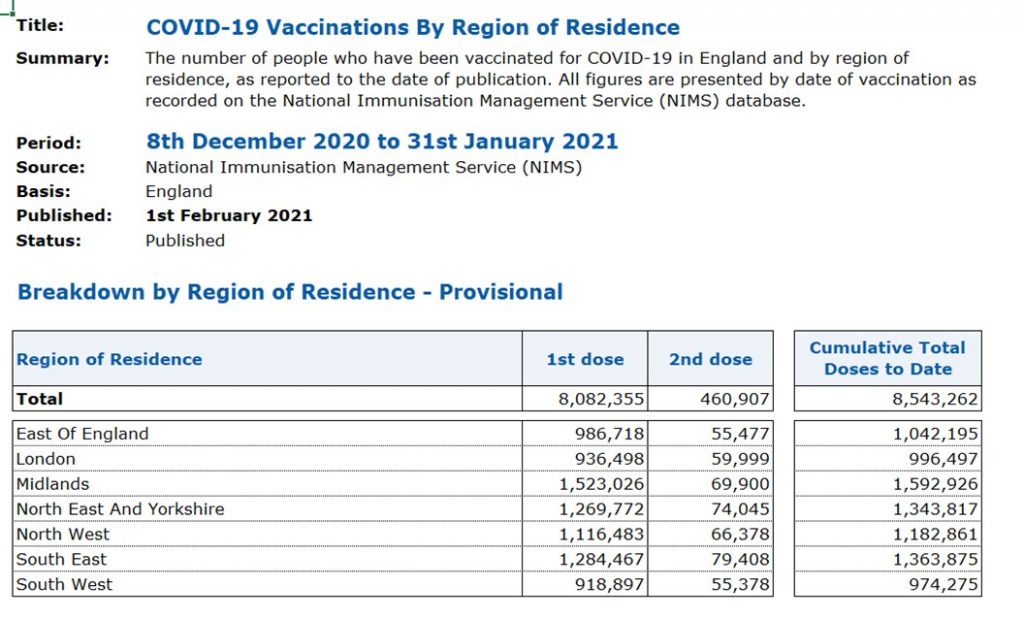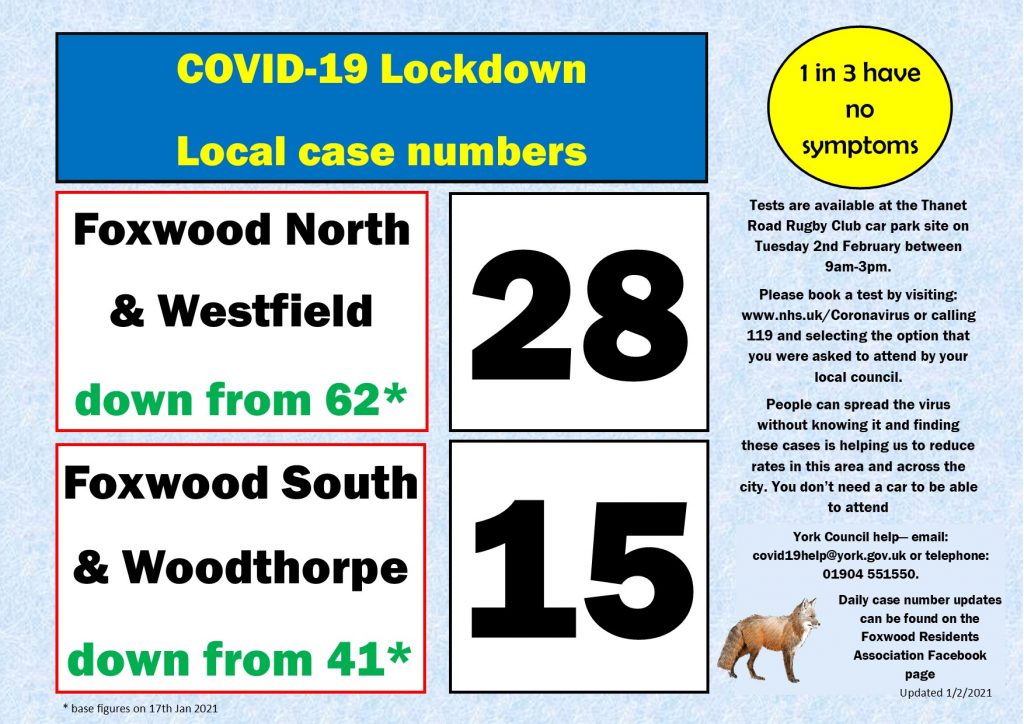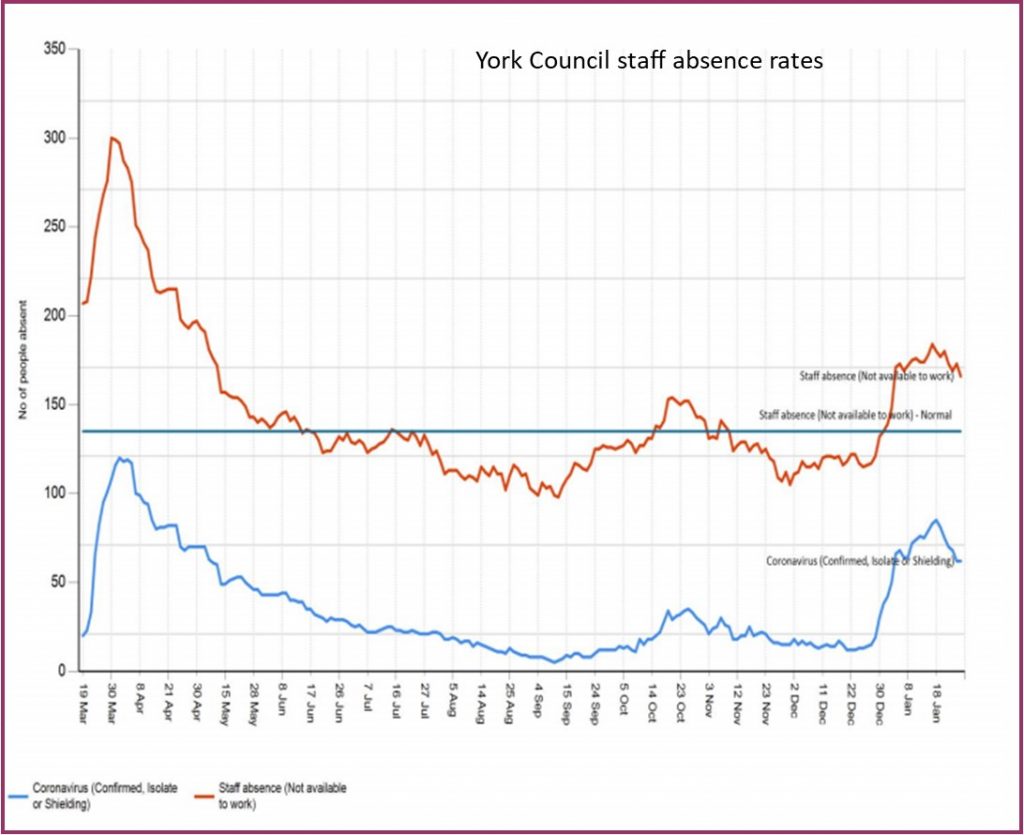Young people across York have created a Social Media Guide to provide their peers with information and advice about using social media safely.
The guidance has been created in conjunction with child and adolescent development psychology experts from York St John University. A host of materials has been created through consultation workshops with young people, including lesson packs for schools, information for young people and a webpage for parents. It’s hoped that the materials will help young people to develop a healthy relationship with social media, enjoying the benefits, whilst recognising the potential negative impact it can have on mental health and self confidence.
The social media pack is available online at www.saferchildrenyork.org.uk/parents-and-public.htm, click on the ‘Staying Safe Online – Young Persons Social Media Guide’ box at the bottom of the page.
New web page for school leavers now available, Q&A taking place June 23rd
Students finishing year 11 this year can now access a wide variety of resources designed to help make the transition from secondary school to either further education or employment easier.
On Wednesday June 23 at 5:30pm, City of York Council is hosting a Facebook Live Q and A session providing insights from senior council staff and local industry professionals. Chaired by Councillor Daryl Smalley panellists include Glyn Jones from York College and Liam Sibley from the Rebel Business School.
This event represents a fantastic chance for young people to ask any question they might have about the transition from secondary education, and learn more about the opportunities available to them.
You can tune in to the event by visiting facebook.com/cityofyork, a recording of the event will be available via the same link.
School leavers’ are also encouraged to check out a new dedicated webpage, which provides valuable links and information regarding further education and apprenticeship schemes, including where to access further information, advice and support. The page can be found at york.gov.uk/SchoolLeavers.
Post-16 experts have also pulled together a handy fact sheet capturing a wide range of different options for school leavers, which is also available on the webpage.
Budding entrepreneurs of all ages can also take flexible, online courses from Rebel Business School, to help provide information and advice on how to start and develop their own businesses. Visit therebelschool.com for more information.

